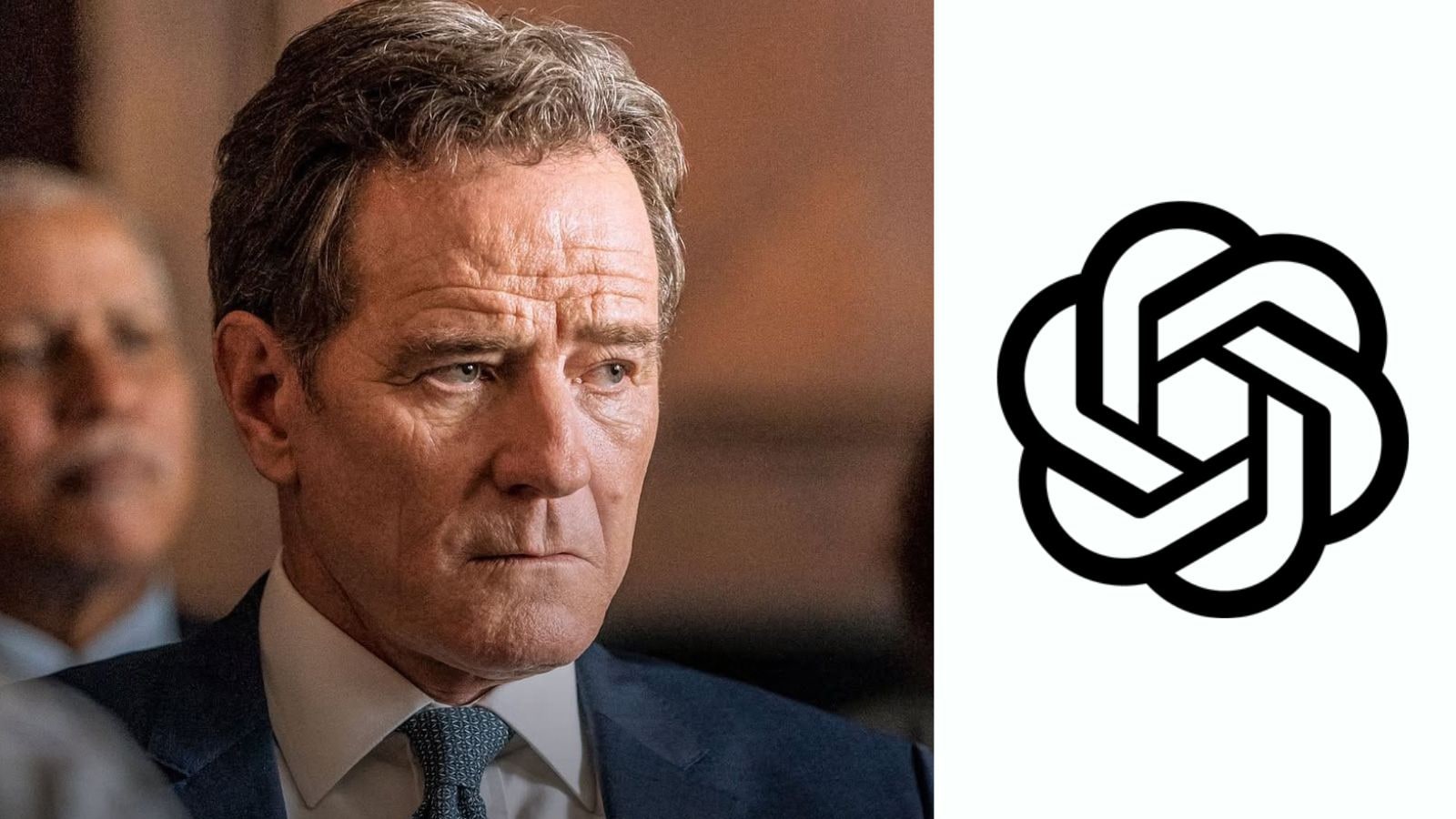
OpenAI Enhances Protections Against Deepfakes
OpenAI has recently made headlines by enhancing its protective measures in Sora 2, an AI model capable of generating video content that can replicate celebrity voices and likenesses. This decision came after actor Bryan Cranston raised serious concerns about the potential misuse of such technology. Cranston, known for his role in "Breaking Bad," expressed his apprehensions not only for himself but also for the broader artistic community, highlighting the ethical implications of AI in replicating human likeness without consent.
In a joint statement with major Hollywood agencies and the SAG-AFTRA union, OpenAI acknowledged that it had unintentionally allowed the replication of Cranston’s likeness and voice without proper compensation or consent. The company has reiterated its commitment to an opt-in policy, which requires explicit permission from individuals before their voices or likenesses can be used. This policy aims to protect the rights of artists and ensure that they maintain control over their identity.
The response from Hollywood has been significant, with agencies like Creative Artists Agency (CAA) and United Talent Agency (UTA) voicing their concerns about the potential risks posed by generative AI platforms like Sora 2. They fear that such technologies could endanger their clients' careers by allowing unauthorized use of their likenesses. OpenAI's commitment to artist rights and ethical AI practices has been a crucial factor in addressing these concerns.
Closer to home in India, the issue of personality rights is gaining traction. Several prominent Indian celebrities, including Anil Kapoor and Aishwarya Rai Bachchan, have sought legal recourse to protect their likenesses from being misused through AI-generated deepfakes. This growing trend highlights the urgency of establishing clear regulations around the use of AI technology, ensuring that artists are properly protected.
In conclusion, the ongoing debate around AI and personality rights emphasizes the need for responsible use of technology. Both Hollywood and the Indian film industry are waking up to the potential threats posed by AI, advocating for stronger protections to safeguard their work and identity. As technology evolves, so must our approach to ensure ethical practices in the creative world.









